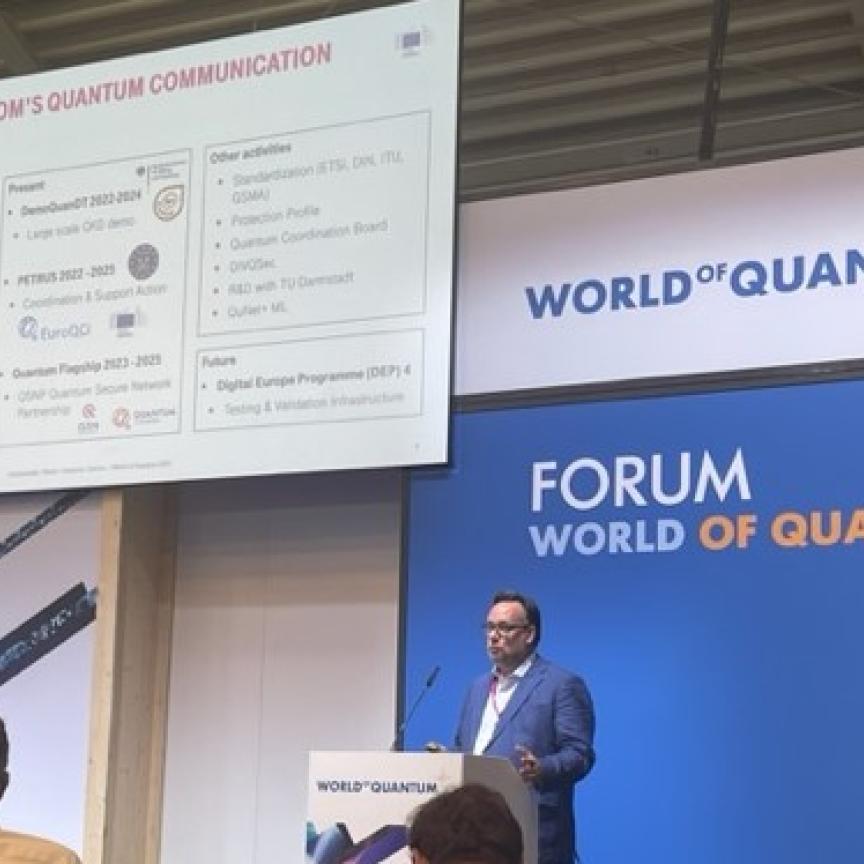BT will be required to overhaul its access infrastructure business Openreach, and make renewed efforts to share its duct and pole networks with rivals.
Those are the initial conclusions to Ofcom’s Digital Communications Review, a once-in-a-decade report that set out to examine whether broadband competition is working effectively in the UK.
The review stops short of recommending that Openreach be structurally separated from BT, but leaves the option on the table.
There has been mounting pressure for a split. Last month, a group of 121 MPs led by Grant Shapps backed a report calling for the forced separation of Openreach.
Ofcom found evidence that Openreach still has an incentive to make decisions in the interests of BT, rather than treating all market players equally. But rather than imposing structural separation, the regulator wants Openreach to strengthen its independence from BT, by becoming a wholly owned subsidiary with its own purpose and board. Detailed proposals will be discussed with the European Commission later this year.
“Openreach needs to change, taking its own decisions on budget, investment and strategy, in consultation with the wider industry. This would mean Openreach taking independent decisions on where to roll out broadband, how much money to spend on improving service quality and new high-speed broadband technology,” said Ofcom CEO Sharon White.
BT welcomed the comments. “Ofcom have today explained why breaking up BT would not lead to better service or more investment and that structural separation would be a last resort,” said BT CEO Gavin Patterson in a published statement.
He continued: “The focus now needs to be on a strengthened but proportionate form of the current model and we have put forward a positive proposal that we believe can form the basis for further discussions with both Ofcom and the wider industry.
“Our proposal includes a new governance structure for Openreach as well a clear commitment on investment. Openreach is already one of the most heavily regulated businesses in the world but we have volunteered to accept tighter regulation to bring matters to a clear and speedy conclusion.”
Ofcom will also require Openreach to provide ‘greatly improved systems and processes’ for access to its ducts and poles. The existing access product, in place since 2009, has received little interest.
Now Openreach must provide a new database showing the physical location and characteristics of its ducts and poles; something that is required anyway by a new Directive from Brussels designed to reduce the cost of deploying new broadband networks. Previously the cost of surveying BT’s ducts to find out whether they had space and were in good condition fell to the prospective purchaser.
Rival operators also seemed happy with the report’s conclusions, even if they don’t think the measures go far enough.
A spokesperson from Sky commented: “We welcome Ofcom’s recognition that the current Openreach model is not working and that fundamental change is required. BT must now be held to account for improving service and enabling delivery of fibre to Britain’s homes and businesses.”
Vodafone UK in its statement said: “We welcome Ofcom’s move to tighten its regulation and governance of BT Openreach and leave structural separation on the table. We also welcome the move to open up BT’s ducts and poles, which we have successfully used in other countries such as Portugal to provide customers with fibre to premises.” (See Vodafone Group expands FTTH networks in Ireland and Portugal).
In its earlier response to the review, Vodafone UK pointed out that the strategic decision for Openreach to invest in fibre-to-the-cabinet was taken by BT Group, without consultation with the wider industry, despite the long-term consequences of that decision for the UK’s digital economy. Since then, debate has focused on how that network should be regulated rather than on the merits of the decision itself.
“We urge Ofcom to ensure BT reinvests the £4 billion in excess profits Openreach has generated over the last decade in bringing fibre to millions of premises across the country, and not just make half-promises to spend an unsubstantiated amount on more old copper cable: we agree with Ofcom that fibre is the future,” Vodafone said this week.

